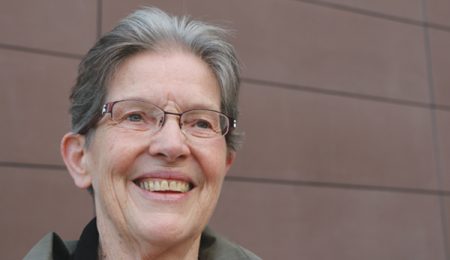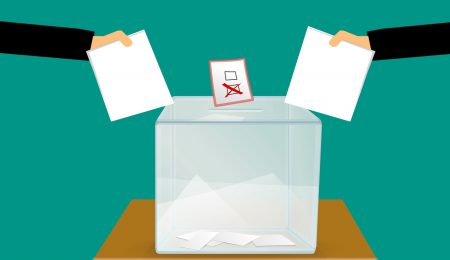Brandon Clim | Fulcrum Contributor
I was asked to provide commentary for the Fulcrum throughout the Student Federation of the University of Ottawa (SFUO) election campaign that is ongoing until Feb. 14. This is something I’ve been doing since the outcome of the 2009 SFUO elections (the title of which refers to the Fulcrum’s March 12, 2009 headline), more unofficially on my personal blog. To make a long story short, I gladly accepted the invitation to provide election commentary for the Fulcrum.
Therefore, let me begin by introducing myself: My name is Brandon Clim, I am a political science student at the University of Ottawa, and I am fascinated by student politics. Currently, I’m the co-editor of studentunion.ca, which covers Canadian student politics. I was fortunate enough to be elected to the Political, International and Development Studies Student Association (PIDSSA) executive as the vice-president Francophone affairs.
SFUO elections appeals process lacking independence
The SFUO needs an independent body to deal with many issues, including those arising from the SFUO elections. Sadly, the SFUO board of administration (BOA) abolished the Student Arbitration Committee (SAC) back in September 2011, citing its “undemocratic” nature as reason for the abolition. The SAC was an independent body of nine appointed student arbiters tasked with the judicial power of the federation. Before its abolition, the SAC was often called upon to rule on a variety of issues often relating to the SFUO elections.
During the 2011 SFUO elections, Tristan Dénommée was elected to the position of VP finance, beating out his opponent and the incumbent Sarah Jayne King by more than 100 votes. However, then-SFUO chief electoral officer Jason Benovoy received a number of complaints against Tristan regarding alleged violation of the election rules including, among others, the publication of false statement of fact in relation to personal character or conduct of a candidate and posting in unauthorized locations.
Subsequent to the release of the preliminary SFUO election results, the SFUO election committee disqualified Dénommée and declared King the winner. Dénommée appealed the ruling of the SFUO election committee. He was faced with a fairly straightforward appeals process which has gone unchanged since then:
1) Appeal a ruling of the chief electoral officer before the SFUO election committee
2) Appeal a ruling of the SFUO election committee before the BOA
3) The decision of the BOA is final
However, as was evidenced by the decision by the BOA to uphold Dénommée’s disqualification, the appeals process is flawed. The impartiality of the CEO and members of the election committee have often been an issue which has led to much controversy over the past number of years.
Earlier this week, La Rotonde’s editorial board called for the removal of the current CEO, Osama Berrada. Advancing serious allegations of discrimination, interference, intimidation, and censure, the editorial claims a pattern of unprofessional conduct on the part of Berrada in the course of his duties as CEO.
An independent body is required for a proper investigation into these allegations. Members of the BOA and members of the SFUO executive should not be permitted to sit on this body. Inevitably, the BOA would have the final say, but would be provided with a much more rigorous and non-partisan investigation report, rather than the so-called investigations which have taken place in the past.
It has often been said that perception is everything. When students are openly questioning the soundness of the electoral process and the appeals process, the legitimacy of the entire election is called into question.




